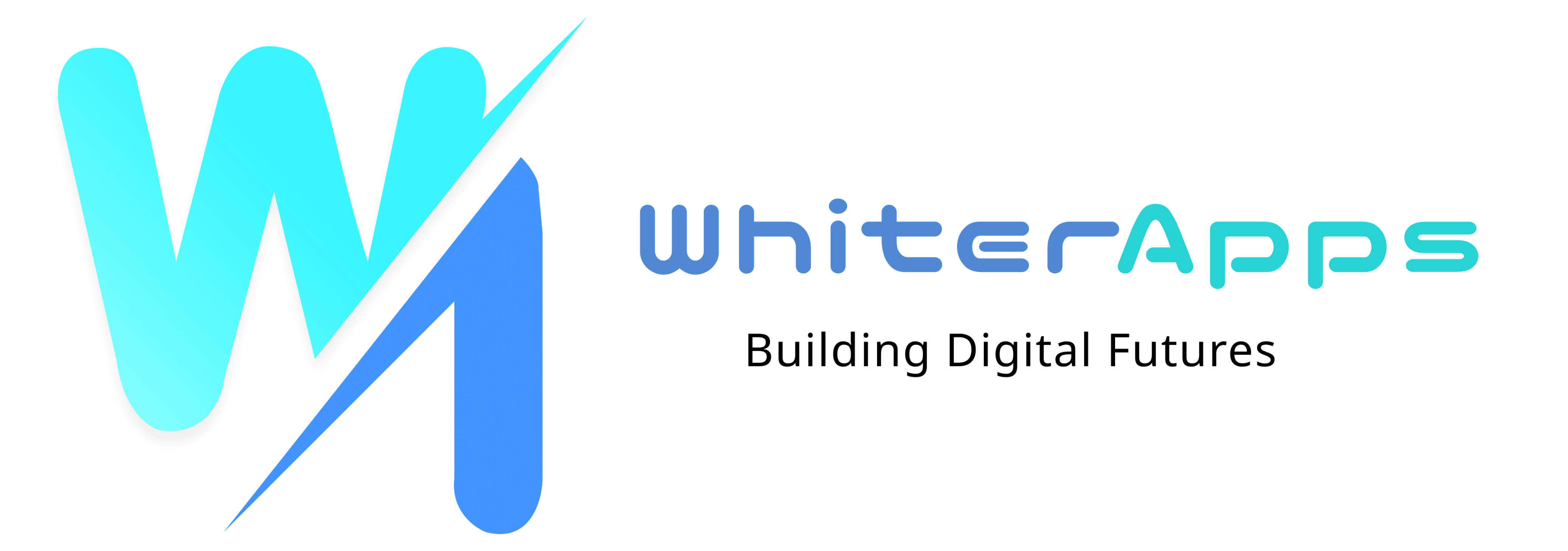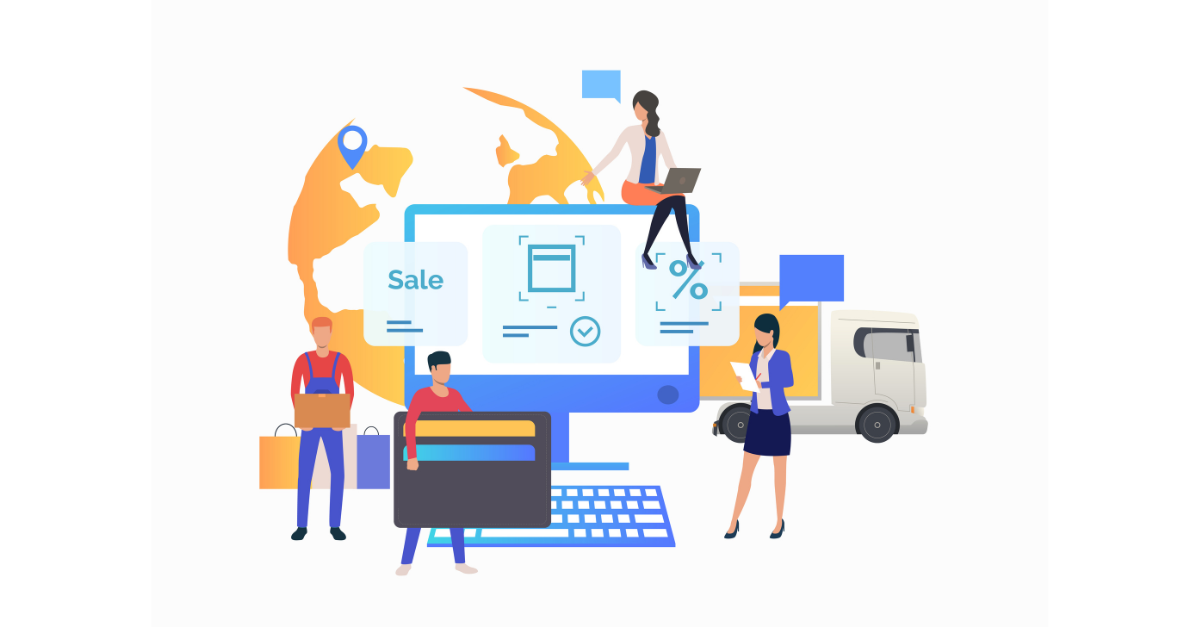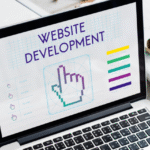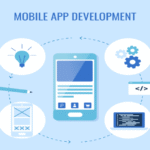Custom Application Development in Healthcare: Tailoring Solutions for Unique Challenges
Hello developers, Have you ever wondered about the significant role of “Healthcare Apps” in transforming patient care? These apps play a critical role in addressing the needs of patients and helping them with the best possible outcomes. The use of AI is no longer an experiment in the medical field. Now a significant percentage of healthcare organizations have already adopted AI technologies in some key areas. These AI-driven digital tools are easily accessible and empower patients to manage their well-being, increasing engagement in the potential patient population.
What are Custom Healthcare Apps?
Custom Healthcare Apps are specialized software designed and developed to address the various needs of patients, healthcare staff, and medical organizations and provide excellent solutions to achieve the best possible results. Additionally, these types of healthcare apps are developed for a specific type of audience to meet their necessities.
When Generic Apps are unable to fully capture the variations and diverse needs of people, Custom Healthcare Apps meet all of those needs through their dynamic approach to data management and solution recommendation.
Why Are Custom Healthcare Apps Needed?
With the change in time, technology evolved, and so did the development of the apps to address the Modern medical needs. There was a need for platforms that could provide Personalized Solutions and that’s how the Customised Healthcare Apps came into the story.
There are numerous reasons why such apps are required in today’s world. These apps are required to address specific challenges in the healthcare industry and to increase efficiency, accessibility, and patient outcomes. Custom functionalities can include:
- Better Care for Patients: Facilitate real-time monitoring and personalized treatment plans.
- Streamlined Operations: Handling administrative tasks, making appointments, and managing medical records.
- Security: Ensure specifications such as HIPAA or GDPR are met while ensuring the protection of sensitive patient data by customized means of security.
- Specialized Working Process: Addressing specific needs, such as apps for monitoring mental health, recovery after surgery, or for very specific medical specialties.
- Systems Integration: Able to connect seamlessly to existing wearables or IoT devices, creating a truly unified ecosystem.
- Patient Engagement: Personal reminders, health education, or even wellness programs can be initiated to increase adherence to treatment plans.
- Scalability and Flexibility: Able to allow organizations to change and expand app features as necessities change.
Impact on Patient Care and Healthcare Systems
The introduction of customized healthcare apps has resulted in numerous medical breakthroughs for both patients and healthcare systems. They are easily accessible, efficient, accurate, personalized, and reliable. In the era where people are very much concerned about health, they’ve transformed the approach of self-analysis for the patients.
- Empowered patients to take greater control over their health and track their medications accordingly.
- Provide real-time health data, personalized treatment plans, and medication reminders.
- Leads to better patient engagement, higher treatment adherence, and faster diagnoses.
- Patients can receive continuous monitoring, preventing frequent hospital visits.
Since these apps are highly efficient, they help medical organizations in managing data effectively. Organizations must keep track of everything related to their patients, equipment, invoices, and ongoing upgrades. In such cases, Customized Healthcare Apps also help organizations, as they’re very dynamic. Here’s how these apps optimize the operations of organizations:
- Streamline administrative tasks.
- Help in appointment scheduling, billing, staff management, and electronic health record (EHR) integration.
- Reduced paperwork, minimized manual errors, and improved communication between departments.
- Help in operating more efficiently, allocate resources more effectively, and enhance the overall patient experience.
Real life Case Studies and Examples
There is no better real-life case study than The Glucose Goddess Method by Jessie Inchauspé, a four-week program designed to help individuals stabilize blood sugar levels through simple, science-backed dietary and lifestyle changes, as outlined in her bestselling books Glucose Revolution and The Glucose Goddess Method. Patients with diabetes use apps like HealthifyMe, which are inspired by the Glucose Goddess Method, to share home-monitored glucose readings with their doctors, which helps in adjusting treatment plans.
These apps improve operational efficiency for healthcare systems by streamlining administrative tasks. Some hospitals have reported a 20% decrease in front-desk workload as a result of online scheduling and messaging features. There are many such apps that help patients and organizations in need. Few of them are listed below:
- MyChart (Epic Systems)
- Livongo (now part of Teladoc Health)
- HealthifyMe
- Nutrisense
- Fitterfly
The Future of Custom Healthcare Apps
The future of these Customized Healthcare Apps is very bright. With rapid advancements in AI-driven operations, blockchains, and telemedicine, these apps will integrate with wearables and EHRs effectively, which will empower patients to monitor real-time health and allow for more personalized treatment plans. The AR/VR technologies will also help in enhancing mental health therapy, and voice-enabled features will improve convenience among the users.
These apps are not only used for chronic diseases but also for simple tasks like weight loss, diet planning, and exercise. Apps like HealthifyMe are highly trusted among locals, as they study the basics of the body and provide them with excellent results.
Conclusion
Customized Healthcare Apps in 2025 are revolutionizing the approach to patient care, management, and data handling by providing simplified, efficient, personalized, and secure solutions to people and organizations in need. Their usability and convenience will promise a bright future ahead with rapid developments in AI, AR/VR, and EHR technologies. This will lead to apps getting smarter, more interactive, and better at predicting and addressing patient needs. In short, yes, the Custom Healthcare Apps are transforming Patient Care!
Want to transform your way of unlocking seamless patient care? By partnering with a top-tier app development company like WhiterApps, you provide yourself with our excellent support and empower your organization to provide the best healthcare services.
Frequently Asked Questions (FAQs)
Q1) Are healthcare apps secure enough to handle sensitive patient information?
Ans) Yes. Most modern healthcare apps follow strict security protocols like encryption, two-factor authentication, and compliance with health regulations (e.g., HIPAA, GDPR) to protect patient data.
Q2) What benefits do patients get from using customized healthcare apps?
Ans) Patients get personalized health insights, easier appointment booking, medication reminders, remote consultations, faster diagnoses, and better engagement with their care plans.
Q3) What future trends can we expect in healthcare apps?
Ans) Patients can expect even deeper personalized solutions and AI-powered diagnostics. The usability of wearables and AR/VRs will also improve significantly.
Q4) Are these apps accessible to all types of healthcare facilities?
Ans) Yes, from large hospitals to a small home, customized healthcare apps are accessible to all types of healthcare facilities.
Q5) What kind of devices can run these healthcare apps?
Ans) Most healthcare apps are available for smartphones, tablets, smartwatches, and even AR/VR headsets.
Q6) How much time does it take to develop a custom healthcare app?
Ans) It typically takes 3 to 18 months, depending on the features and team expertise.
Q7) What is the average cost of a healthcare app?
Ans) The cost of developing a custom healthcare app globally in 2025 varies a lot; it typically ranges from $10,000 to $500,000+, depending on complexity, features, team location, and project requirements.
Sources: Ultimate guide to custom healthcare software development in 2025
How Custom Healthcare Apps Are Transforming Patient Care in 2024




